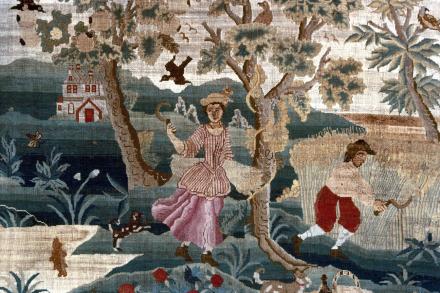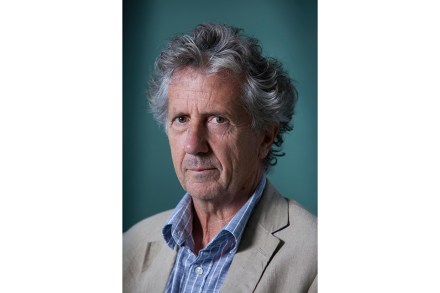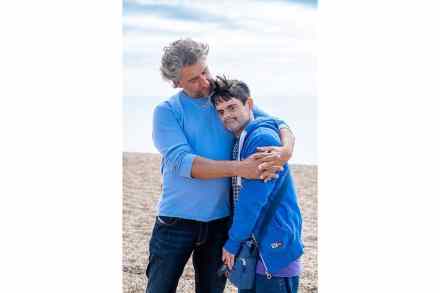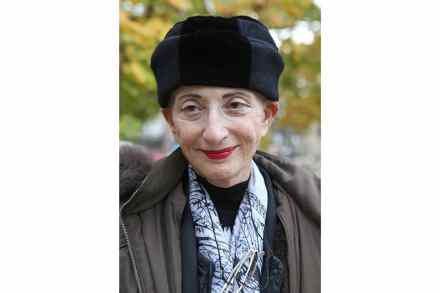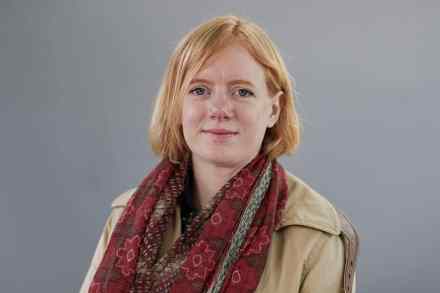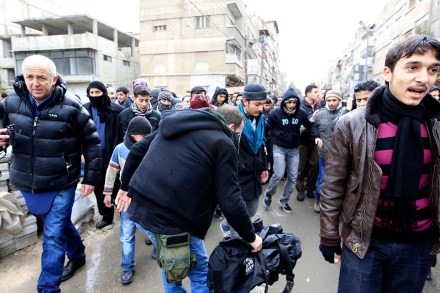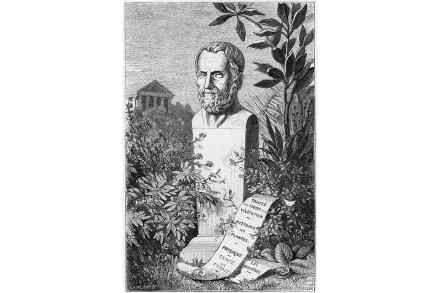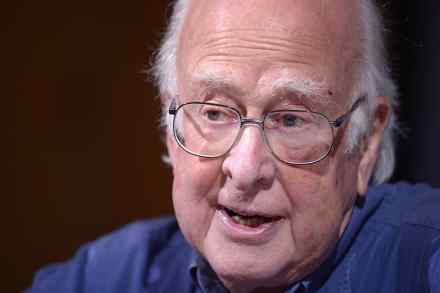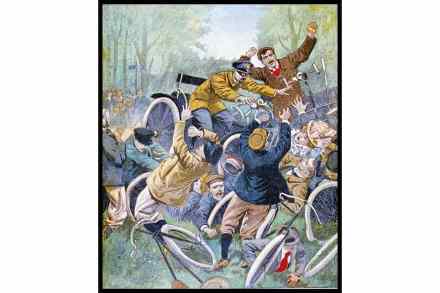Britain’s churches need us to survive – but do we still need them?
In the summer of 1992, Gloria Davey came upon a ruined church near Swaffham in Norfolk. It had no roof, no windows and no door. Satanists were using it for their rites; a grave had been opened, giving up its bones. Gloria’s husband Bob felt obliged to act. He disrupted their rituals, and when they threatened to kill him, he called in the local Territorial Army. They didn’t bother him again. Bob Davey was 73 when Gloria found the late 11th-century church of St Mary, in Houghton on the Hill; he died, aged 91, having visited it every day thereafter. He and a small group of friends built a mile-long


